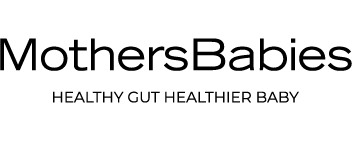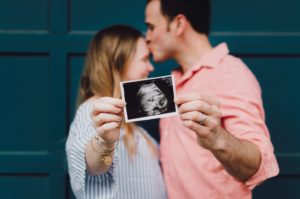References:
- Department of Health, National Womens Health Strategy 2020-2030 (CONSULTATION Draft), D.o. Health, Editor. 2018, Australian Government: Canberra.
- World Health Organisation (WHO). 10 Threats to Global Health. 2019 [cited Mar 29 2019]; Available from: https://www.who.int/emergencies/ten-threats-to-global-health-in-2019.
- World Health Organisation (WHO), Report of the commission on ending childhood obesity. 2016, World Health Organisation: Geneva, Switzerland.
- The Lancet, Campaigning for preconception health. The Lancet, 2018. 391(10132): p. 1749.
- Stephenson, J., et al., Before the beginning: nutrition and lifestyle in the preconception period and its importance for future health. The Lancet, 2018. 391(10132): p. 1830-1841.
- Stiemsma, L.T. and K.B. Michels, The Role of the Microbiome in the Developmental Origins of Health and Disease. Pediatrics, 2018. 141(4): p. e20172437.
- Dominguez-Bello, M.G., et al., Role of the microbiome in human development. Gut, 2019: p. gutjnl-2018-317503.
- Nuriel-Ohayon, M., H. Neuman, and O. Koren, Microbial Changes during Pregnancy, Birth, and Infancy. Frontiers in Microbiology, 2016. 7(1031).





